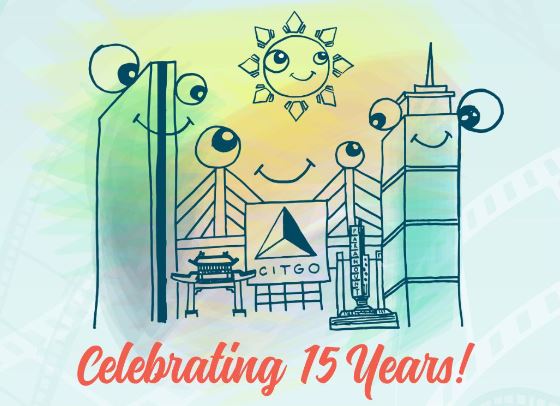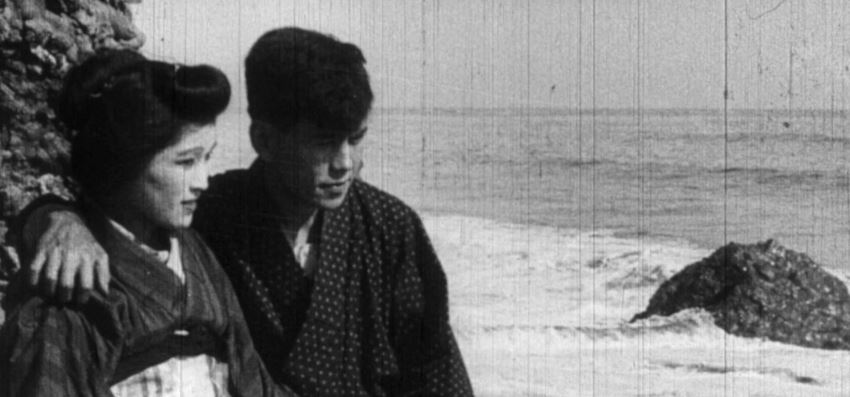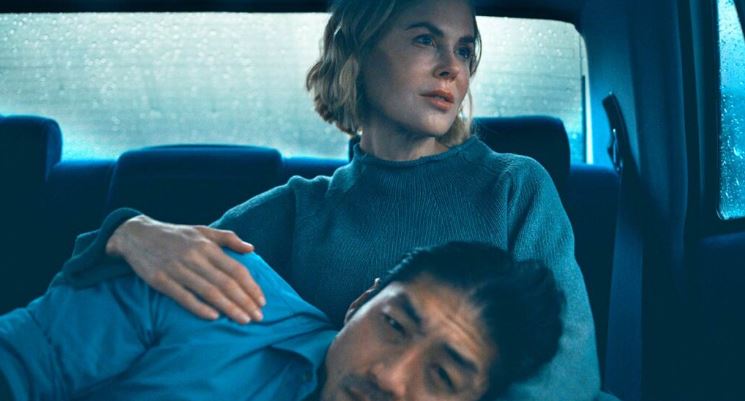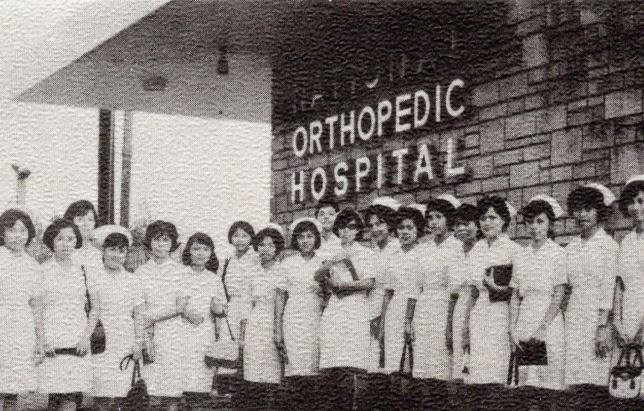
The Boston Asian American Film Festival will be presenting feature films and shorts in a hybrid format this year (you can find more information on where things are shaking on their website). Ahead of its 15th anniversary, Boston Hassle spoke with BAAFF director Susan Chinsen for a look on this year’s programming, being part of the Joy Ride Club, and some cool new events happening.
The conversation has been edited for brevity and flow.
BOSTON HASSLE: The last time we talked was in 2020, and I wanted to see what you thought of the past year in the post-Everything Everywhere era.
SUSAN CHINSEN: With last year’s Oscars and awards season, it was amazing and incredible. When you look at the trajectories of Ke Huy Quan and Michelle Yeoh, we’ve been watching them for decades. Here, it takes this one film to get the attention that they’ve always deserved. It’s not just having the roles, but having the people in positions to influence getting them those roles.
This festival is fifteen years old, which I’m realizing is a whole generation. Over time, people have grown into careers and are now in different parts of the industry. It’s not just on-screen; it’s also the writers’ room, behind the camera, producing, showrunning. There’s now proof that a full Asian-cast story is global and successful. With Joy Ride, that was super exciting. Adele Lim, who left the Crazy Rich Asians project because of the [pay] inequity, made her own way into directing this story, which is empowering. It makes it seem like there’s a less scarce industry for Asian Americans that want to pursue careers in cinema.

BH: Joy Ride is an insane movie, but it’s also good for representation. When we first talked, you mentioned Better Luck Tomorrow, which also had the same feeling of battling the model minority myth. But instead of these tough boys, you have these women being themselves and not particularly going against the grain.
SC: It was a little bit over the top, but you see these kinds of films for white people, and I feel like this was the first time for Asian women to be in that kind of role. Even though the humor and language is a little bit much for folks, we can celebrate it even though it’s not my representation [laughs].
We did a preview event at Northeastern last Friday, and it was for a silent film [The Oath of the Blade] that was rediscovered and restored. It re-entered as this world premiere in LA last May. The screening last Friday was the second time that it had been screened in 107 years. It was crazy to think that this piece of history now exists because there was a researcher who went the extra mile to find it just because she had heard about it. And all this time, it had been sitting in this archive, waiting to be restored.

There was a whole orchestra, which was crazy enough as that was, but we also got to see some clips of another silent film, The Curse of Quon Gwon, which was made by two Chinese-American women, Marian Wong and Violet Wong. It sorta cements an era of industry work that Asian Americans actually had. For that time period, I’ve seen still images of laundrymen, restaurant workers, and other laborers, but you never see them as students. This totally recognized my sense of “Wow, I feel like I have a seat at the table — even in the silent movie era.”
BH: That makes sense. Even though conceptually, you know that Asian Americans exist in American history, it’s a different feeling to see them in motion than what we see in textbooks.
SC: We’re also doing something a little untraditional and opening [the festival] with a book launch with Jeff Yang and Renee Tajima-Peña. Jeff is releasing an anthology book at the end of October called The Golden Screen: The Movies that Made Asian America, and we got special permission to do an early release of the book [writer’s note: Participants can buy a ticket/book bundle for the event]. Each spread has a different film on it with commentary about the importance of the film. The sections are separated where one is about diaspora and another is about family. He also set up these conversations – one that had me a little bit in tears was between [EEAAO director] Daniel Kwan and [Yellow Rose director] Diane Paragas. It’s interesting — the span of time and inclusion of people that are in this book. It’s like you can hold it and feel like you’re holding power, like this breadth of work that actually exists.
BH: I did want to say happy 15th birthday to BAAFF. Is there anything special you’re doing this year?
SC: We’re actually going to be at the Coolidge Corner for the book release, which is new for us. We’re typically at the Brattle, but because we’re not showing a film, this space worked out for us. They have a partnership with the Brookline Booksmith, and they’re interested in working with the community. We’re also doing our last event with [The Farewell director] Lulu Wang and Renee [Tajima-Peña], who was the filmmaker behind Who Killed Vincent Chin? That documentary rocked my opinion of what a community campaign could look like. Lulu was handpicked by Nicole Kidman [to showrun The Expats], and so we’ll have a screening and a talk with her in a large auditorium.

BH: It’s an episode of an Amazon show, right? What does the screening entail?
SC: It’s actually episode five of the show. There are six episodes, and Episode 5 is like the feature-length one, which is a little over 90 minutes. The focus of the episode is the overseas Filipino workers in Hong Kong, which becomes a central part. I think we’re still dealing with coming out of the pandemic and recovering from it, so we have a number of films that touch upon that. Like Nurse Unseen, which is our centerpiece documentary about Filipino nurses and why they are most susceptible to COVID because of them being frontline workers.
BH: I’m excited about Nurse Unseen. I also thought it was interesting to see that there was another featured film about a Vietnamese character in LA and then a documentary about a Korean adoptee from Minnesota. Did you look into geographical locations when you were deciding what to screen this year?
SC: That’s always part of the mix. It’s not always the foremost but it helps enhance [the experience] coming from different parts of the country.

BH: Are there any pieces that are your favorite or ones that you think the audience will take away with them this year?
SC: Because I know Corky Lee, I think Photographic Justice is just one of those things where there were so many parts of him that I didn’t know. I interacted with him over a long period of time, and so seeing the depths of him, his personality, and his commitment to work is a real gem. Nurse Unseen is fantastic in capturing something that was so [crucial] in getting us through COVID. Starring Jerry as Himself is one of the films that wasn’t necessarily my favorite, but everyone else had a strong affinity for it. And I get it and I’m inspired by the fact that it’s based on true events where there is something so dark and then to turn it into, “What would you do in that situation?” I think the filmmakers did a great job with that.
The Boston Asian American Film Festival runs in person and virtually from 10/12 through 10/22 – click here for schedule and ticket info!

